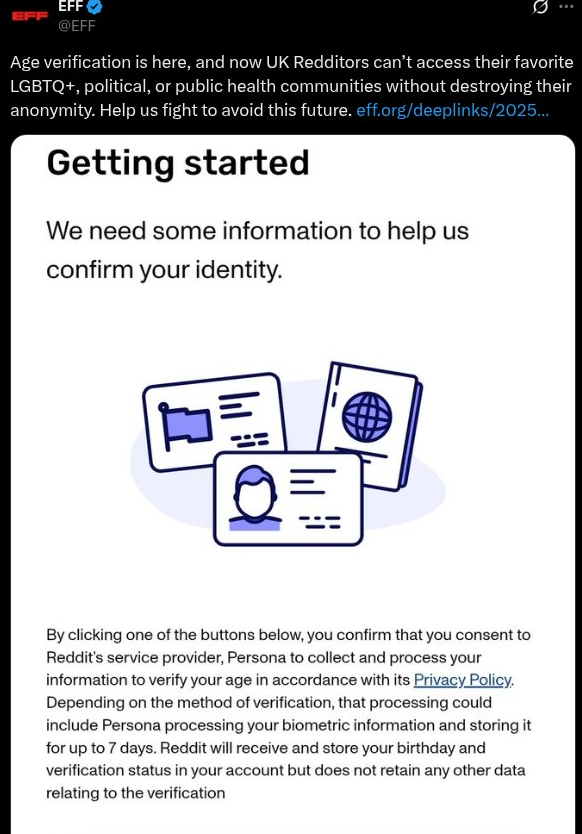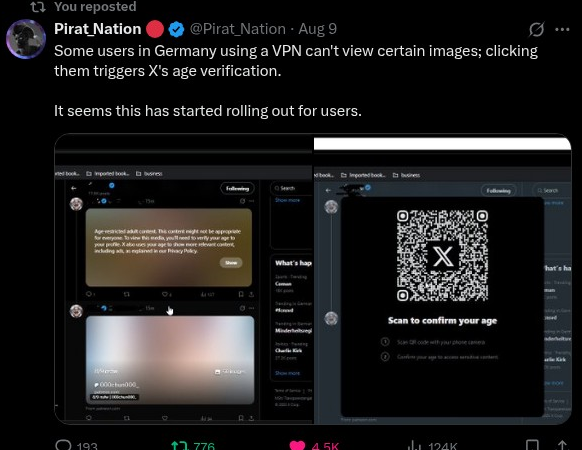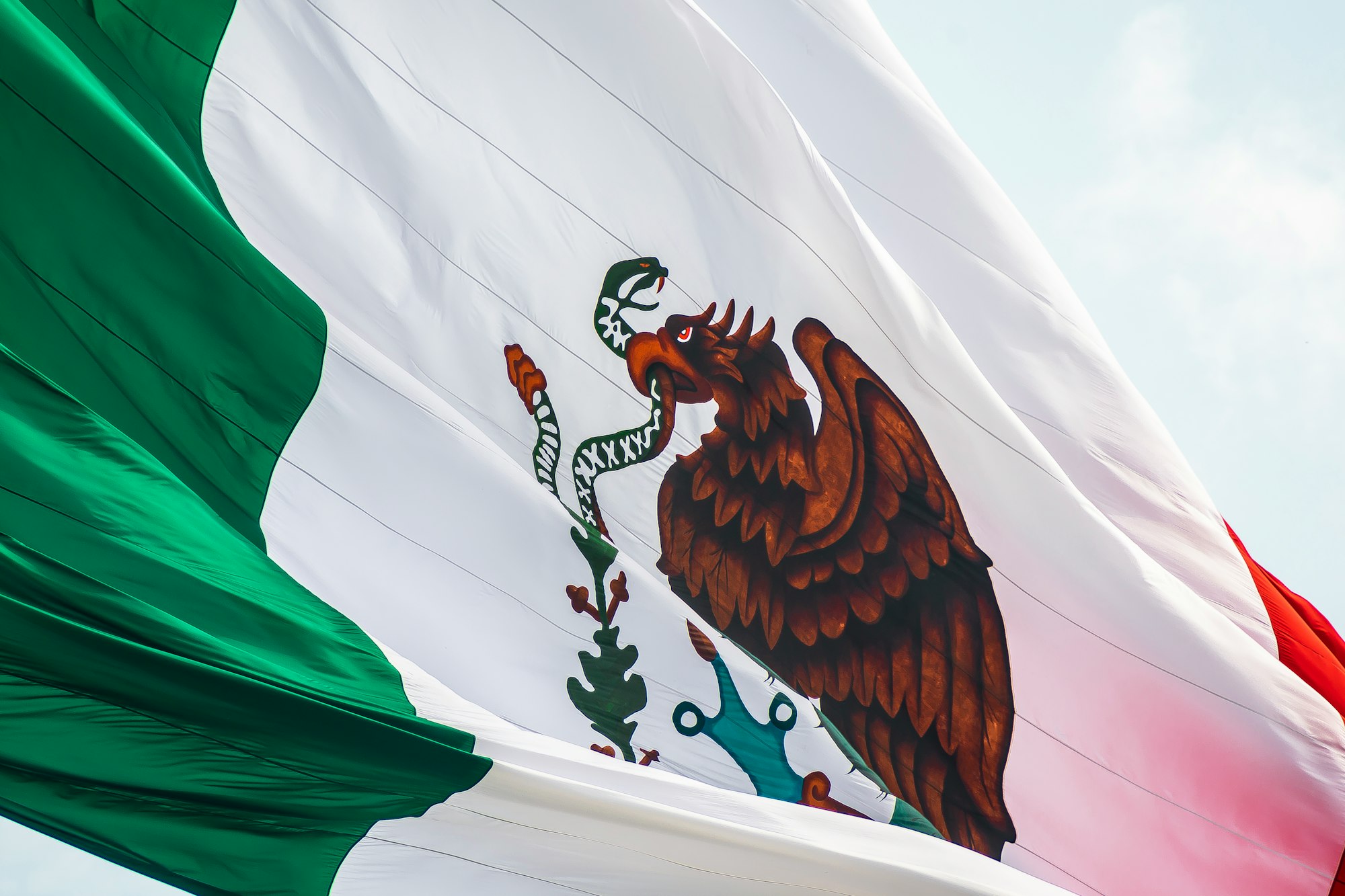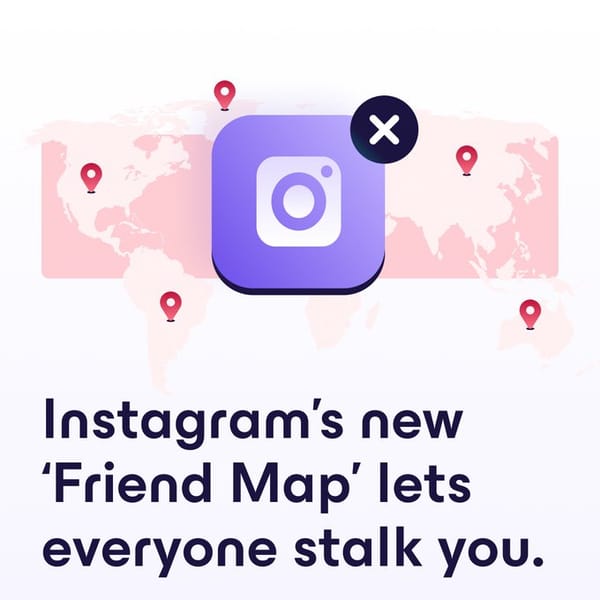The Global Age Verification Disaster: How Privacy Dies in the Name of "Safety"

The End of Anonymous Internet Access Is Here
The dystopian future privacy advocates have long warned about has arrived. Age verification systems are now rolling out across the globe, with the UK's Online Safety Act taking effect on July 25, 2025, requiring users to submit government-issued IDs or biometric scans to access vast categories of content. What started as a promise to "protect children" has become the foundation for a comprehensive surveillance apparatus that threatens the fundamental rights of every internet user.

Bottom line up front: Age verification laws represent the most serious threat to online privacy and digital freedom in internet history. They don't protect children—they create surveillance infrastructure that governments and corporations will inevitably abuse.


The UK's Disastrous Implementation Sets a Dangerous Precedent
Reddit's UK rollout exemplifies the chaos these laws create. Every user in the country now faces a choice: submit their most sensitive data for privacy-invasive analysis, or stay off of Reddit entirely. The platform, once known for protecting user anonymity, now forces UK users to upload government IDs or submit to facial recognition scans through third-party company Persona.
The scope extends far beyond pornography. The UK's Online Safety Act defines "harmful" content in ways that encompass user-generated discussions on topics ranging from parenting forums to Linux gaming communities. Many smaller sites have simply shut down rather than face the impossible compliance burden.
Australian government just admitted what we all knew
— Steven (@nogulagsagain) August 6, 2025
To ban under 16s, everyone will have to upload their ID
The government will be able to track any X or Facebook post. No VPN will save you.
Press ❤️ if you don’t want UK type evil dictatorship
pic.twitter.com/9oXrdbPba1
The human cost is immediate and severe:
- Digital exclusion: The tens of millions of Americans who do not have government-issued identification may lose access to much of the internet
- Anonymity destruction: Anonymous access to the web could cease to exist
- Surveillance normalization: Every user must be identified to keep out select age groups
The EU Digital Services Act pressures U.S. tech companies, including X, to enforce global censorship, including on American political speech, according to a U.S. House Judiciary report. pic.twitter.com/tNhIddFMR6
— Pirat_Nation 🔴 (@Pirat_Nation) August 7, 2025
X's Failed Implementation Exposes the Technical Impossibility
Twitter/X's age verification system has completely failed across the EU, with millions of users unable to access adult content even when they meet legal age requirements. Unlike platforms such as OnlyFans, which use biometric scans and verified ID uploads, age verification on Twitter remains nonexistent or non-functional.
The result? Adult content creators who relied on Twitter/X to promote their content have seen their livelihoods threatened overnight. Currently, only X Premium subscribers can access manual verification, leaving free users completely locked out with no verification option available.
This technical failure isn't an accident—it's inevitable. Age verification at scale is technically impossible to implement effectively while maintaining any semblance of user experience or privacy protection.
Australia's Total Surveillance Model
Australia has gone further than any other democracy, implementing a legal social media minimum age of 16 for platforms like TikTok, Facebook and Instagram, with fines of up to $49.5 million for non-compliance. This isn't limited to adult content—it's a blanket ban on social media access for anyone under 16.
The implications are staggering:
Universal ID requirements incoming: While a proposal to require government-issued IDs was initially nixed over privacy concerns, there are really only three ways to verify someone's age online: through ID, through behavioral signals, or through biometrics—and all have serious privacy implications.
No real alternatives: If a platform intends to collect a user's government-issued ID to determine their age, it must also provide alternative methods that are not dependent on the user having an ID, but no viable alternatives exist that don't compromise privacy or create massive surveillance systems.
The Privacy Nightmare: Data Breaches Are Inevitable
Age verification systems are surveillance systems, and data breaches of sensitive information are not hypothetical—they're inevitable. Major identity verification company AU10TIX left login credentials exposed online for more than a year, allowing access to users' names, dates of birth, nationality, identification numbers, and images of identity documents.

The risks multiply exponentially:
Centralized data honeypots: Companies collecting this data face a 600% increase in cyberattacks during crises like COVID-19, with breaches affecting millions of users
No deletion guarantees: The concentration of such valuable data will likely be monetized and resold either by the platforms themselves, by the for-profit third-party "age assurance" providers, or eventually by criminals who steal it
Perfect blackmail material: Adult website breaches could expose all faces, locations, and content viewed by users—creating devastating blackmail opportunities
Age verification is here, and now UK Redditors can’t access their favorite LGBTQ+, political, or public health communities without destroying their anonymity. Help us fight to avoid this future. https://t.co/aXbQ6fJrzQ pic.twitter.com/OXNESFHMNs
— EFF (@EFF) August 9, 2025
The Discrimination and Bias Problem
Facial recognition and biometric systems have documented bias issues, being less accurate depending on the kind of face being scanned. This means marginalized communities face higher error rates and potential exclusion from online services.
Age verification systems are horrible for everyone's privacy, extremely problematic due to racist and gendered biases, inaccurate at determining correct age, and can easily be cheated. They fail at their stated purpose while creating massive new forms of discrimination.
Mission Creep: From "Child Safety" to Total Control
EFF has long warned about mission creep: where laws supposedly aimed at public safety become tools for political retaliation or mass surveillance. We're already seeing this expansion:

Scope expansion: Definitions of inappropriate content are often too broad and subject to change from one administration to another, with some countries considering discussions of gender identity or sexual orientation as sensitive content
Government access: Platforms are building tools to enable regulators, law enforcement, or coroners to retrace users' verification actions, creating increased risk of privacy breaches due to unnecessary data collection
Normalization of surveillance: The Supreme Court's recent ruling noted approvingly that "requiring age verification is common when laws draw lines based on age," suggesting this could extend far beyond adult content
VPNs: The Last Line of Defense
The good news? Using a VPN to bypass age verification is currently legal in most countries and allows users to appear as if browsing from countries without strict verification laws. VPN usage has surged in the UK following the Online Safety Act implementation, representing a form of digital civil disobedience.
However, governments are already preparing countermeasures. Technological workarounds like VPNs may undermine the effectiveness of bans, and a blanket approach will not address root causes of online risks.
The False Promise of "Privacy-Preserving" Solutions
Industry advocates promote "zero-knowledge proofs" and "double-blind" verification systems that promise to verify age without revealing identity. These technical solutions, while theoretically better than direct ID uploads, still require:
- Trust in third-party verification companies
- Centralized infrastructure that can be compromised
- Government-approved systems that enable surveillance
The fundamental problem remains: any system that can verify age can be repurposed for broader identification and tracking.
What This Means for Global Internet Freedom
We're witnessing the construction of the infrastructure for a fully surveilled internet. Once information is shared to verify age, there's no way for website visitors to be certain that data won't be retained, used, shared, or sold.
The implications extend far beyond individual privacy:
Digital apartheid: Those without government IDs—including undocumented immigrants, homeless individuals, and those fleeing domestic abuse—face total exclusion from digital society.

Chilling effects: Age verification requirements can prevent any eligible user who doesn't have accepted ID from accessing content they have a right to, chilling free expression.
Authoritarian template: These systems provide authoritarian governments worldwide with a blueprint for comprehensive internet control.
Resistance and Alternatives
The fight isn't over. Digital rights organizations worldwide are challenging these laws in court, and users are finding ways around the restrictions. But we need systemic change:
Legal challenges: Organizations like EFF are building coalitions to stop this enormous violation of digital rights
Legislative pressure: The Australian Human Rights Commission has serious reservations about social media bans, advocating for less restrictive alternatives like legal duties of care on social media companies
Technical resistance: VPN adoption and other privacy tools remain crucial for maintaining digital freedom
The Choice Before Us
We stand at a crossroads. We can accept a future where every click is monitored, every user identified, and anonymity is eliminated—all in the name of "protecting children." Or we can recognize that mandatory age verification is the wrong approach to protecting young people online and would lead us toward an internet where private data is collected and sold by default.
The choice is ours—but only if we act now. The infrastructure being built today will determine whether future generations inherit a free internet or a digital prison. Tell your lawmakers to oppose age verification laws, make your voice heard online, and join the coalition to stop this enormous violation of digital rights.

The age of anonymous internet access is ending—unless we fight to preserve it.
This article is part of our ongoing coverage of digital rights and privacy threats. For more analysis on protecting your online privacy in an age of increasing surveillance, subscribe to our newsletter and follow our latest research.










